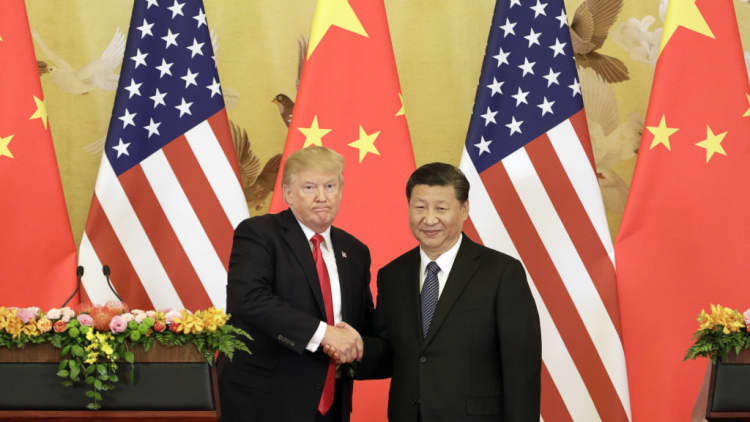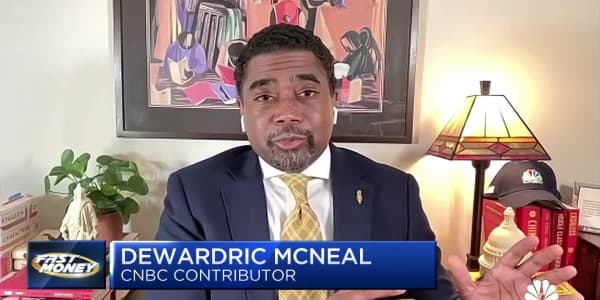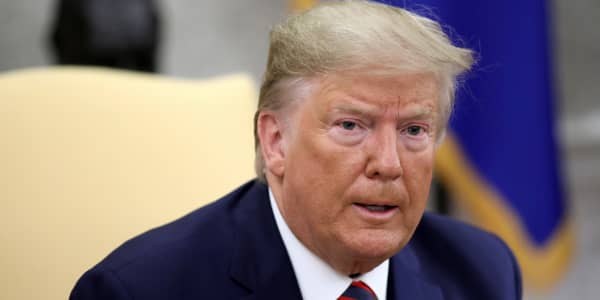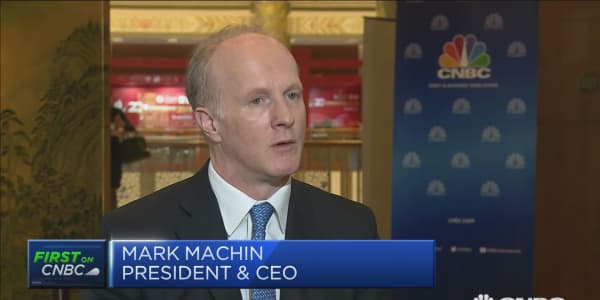When it comes to enforcing any prospective trade deal between the U.S. and China, Washington must treat its Chinese counterparts as "equals," according to a leading Chinese economist.
Representatives from Washington and Beijing have been negotiating a trade deal. U.S. President Donald Trump said this week he will keep additional tariffs imposed on Chinese goods to make sure that "China lives by the deal." Beijing, meanwhile, said this month that enforcement of the deal must be "two-way, fair and equal."
"China is too big an economy, China is too independent," said Li Daokui, an economics professor from Tsinghua University and a former member of the monetary policy committee at the People's Bank of China.
"The issue is, the U.S. side should treat the Chinese side, the Chinese government as equals, with due respect and therefore design or negotiate a mechanism which is respectful, which is not perceived to be a humiliation to the Chinese people or Chinese regime," Li told CNBC's Martin Soong on Saturday at the China Development Forum in Beijing.

The U.S. and China — the two largest economies in the world — are engaged in a tariff fight that started last year. The Trump administration imposed additional tariffs on $250 billion in Chinese imports, while Beijing slapped duties on $110 billion of American goods.
Li said U.S. negotiators shouldn't forget that Washington often "doesn't have a good record of being consistent," partly because Congress and the White House don't always agree with each other.
The professor was critical of the U.S. trade team's antagonistic approach towards China, calling them "a team of barking dogs" last year. But the Americans have since toned down and learned to respect the Chinese political culture, which is built upon "respect and harmony," said Li.
"So, I propose that both sides come together and work out a long-term mechanism respectfully and pragmatically to enforce this contract," he said.





